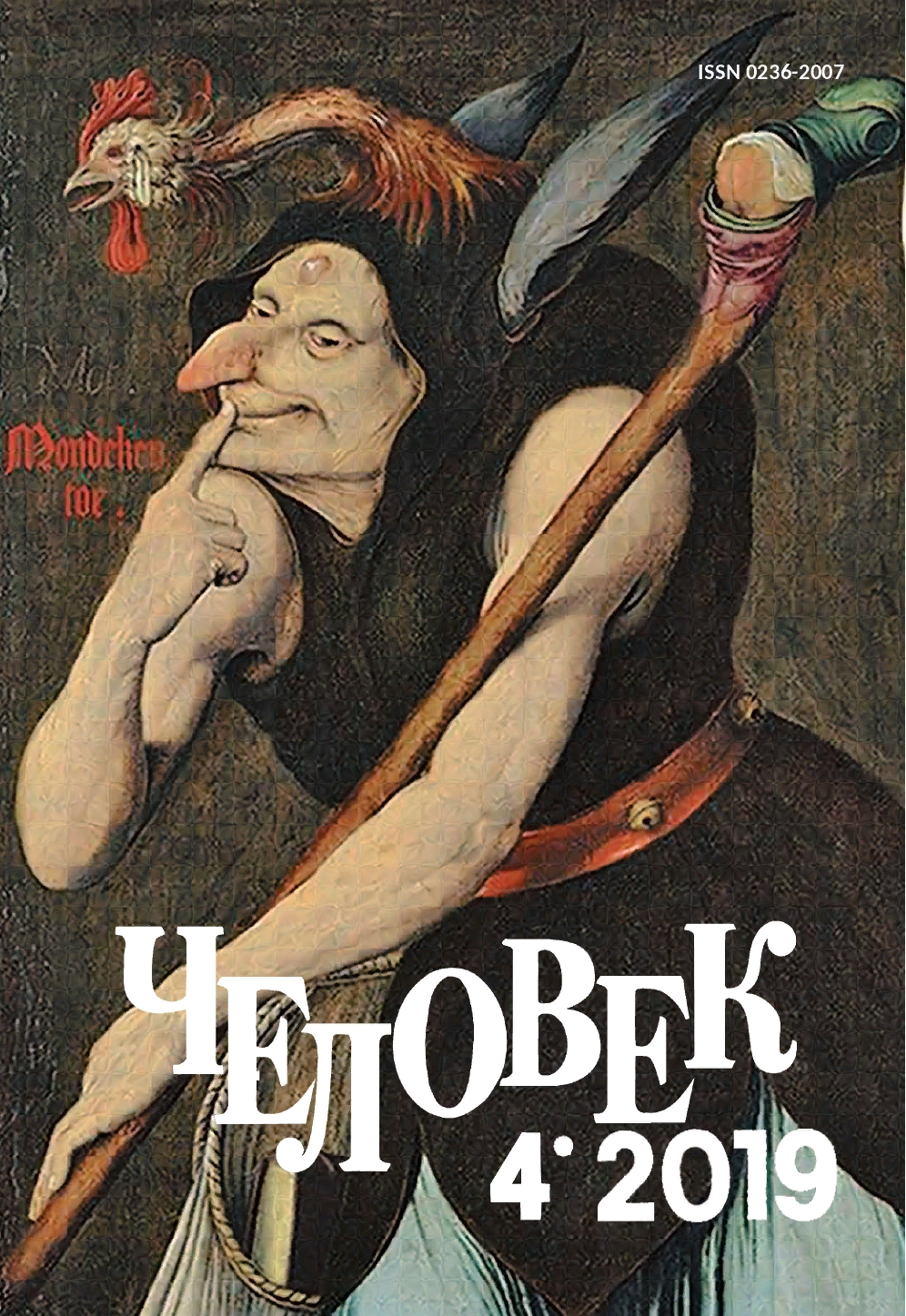On the Moral Reform Movement in the Early Modern Society: Ideological Grounds and Institutions
Keywords:
Early modern times, reformation of morals, social control, disciplineAbstract
The formation of early modern states and individuals was followed by the moral reform movement aimed at changing of moral consciousness and human behavior. All three actors involved in it – state, Church, and local communities – appealed to quite different grounds as an explanation for their disciplining efforts: ideas of Neo-stoicism; pessimistic anthropology or man’s irresistible inclination to evil and sinfulness; “theology of retribution” which says, that sins are not simply private and personal failings, they affected the entire congregation as well, causing God’s wages. A feeling of disturbance of the life’s usual order was also shared by all three actors and was a consequence of religious wars, large-scale epidemics, demographic pressure on the early modern society, etc. The moral reform tools were quite numerous: a “police” as a system of regulations to impose public and moral order, and houses of corrections (state); the auricular confession (Catholics) replaced by the public confession of sins by the Protestants; Calvinist consistories and Lutheran marriage courts. Both the Catholic and Protestant Churches practiced different forms of social exclusion. Local communities as well were active in the horizontal disciplining of the society (societies for the reformation of manners in puritan England; “fraternal correction” (Mt 18,15–18) in rural communities, etc.). New morals were communicated through a massive pedagogization of society, different educational institutions and school theater, various book publications. Moral reform movement goes far beyond the chronological framework of the early modern period and its effect in public and private sphere war quite different. But by the end of the eighteenth century the new morals and standards of behavior were accepted by the Christians as normative, even though they did not actually live up to them on every point.








